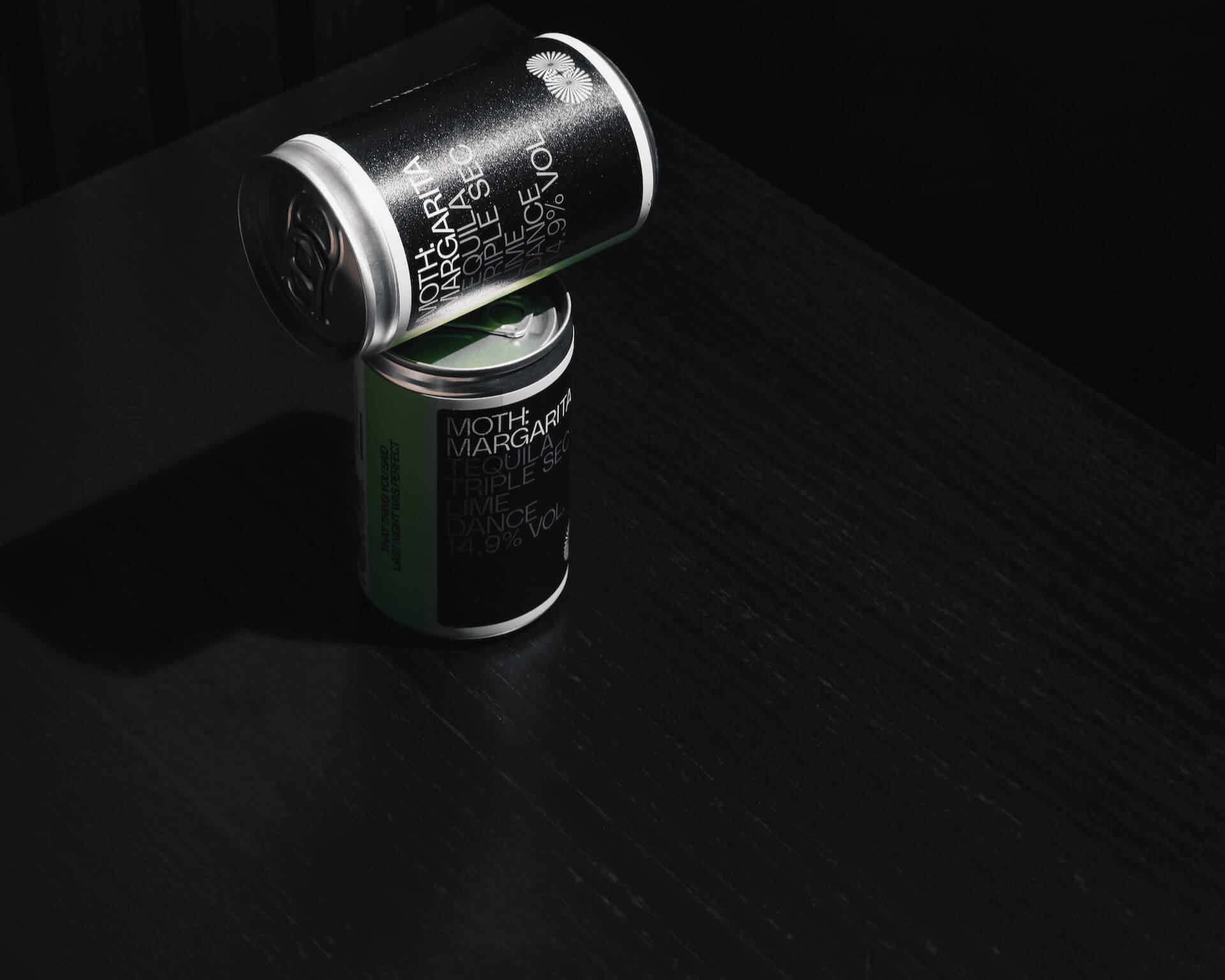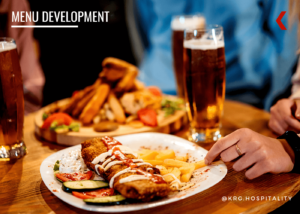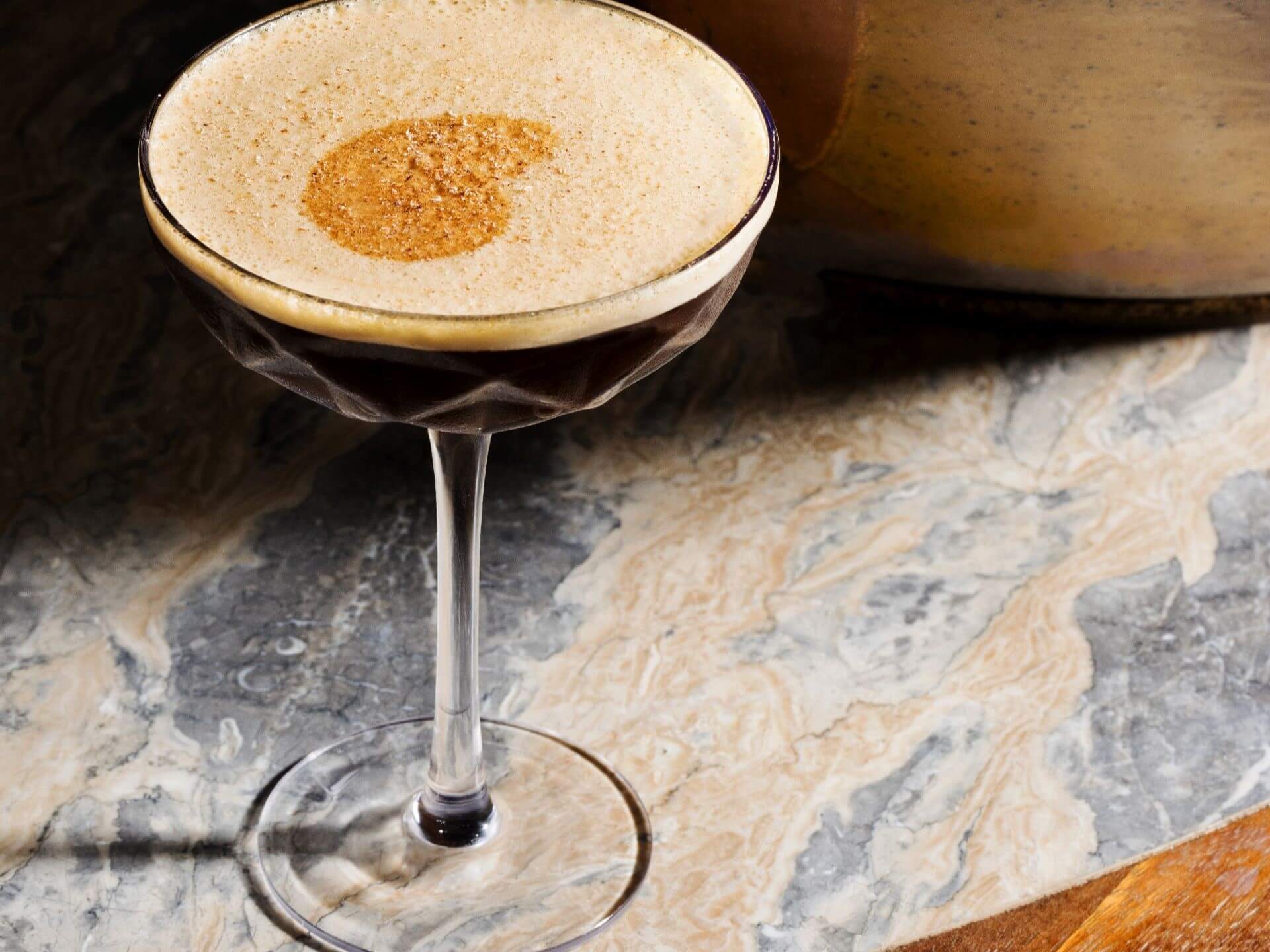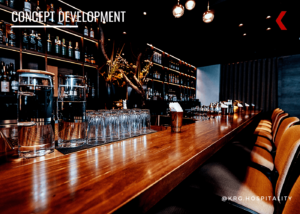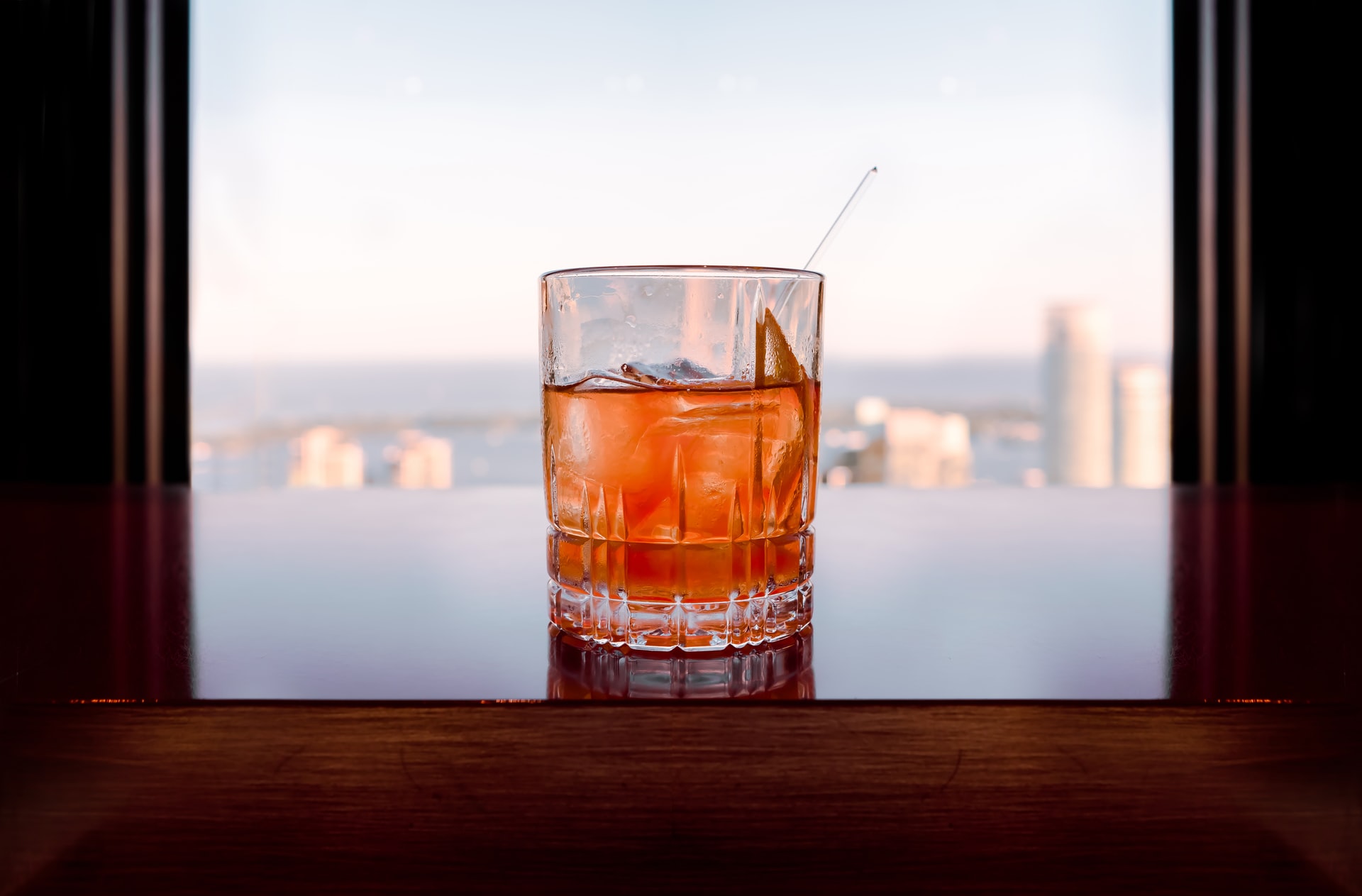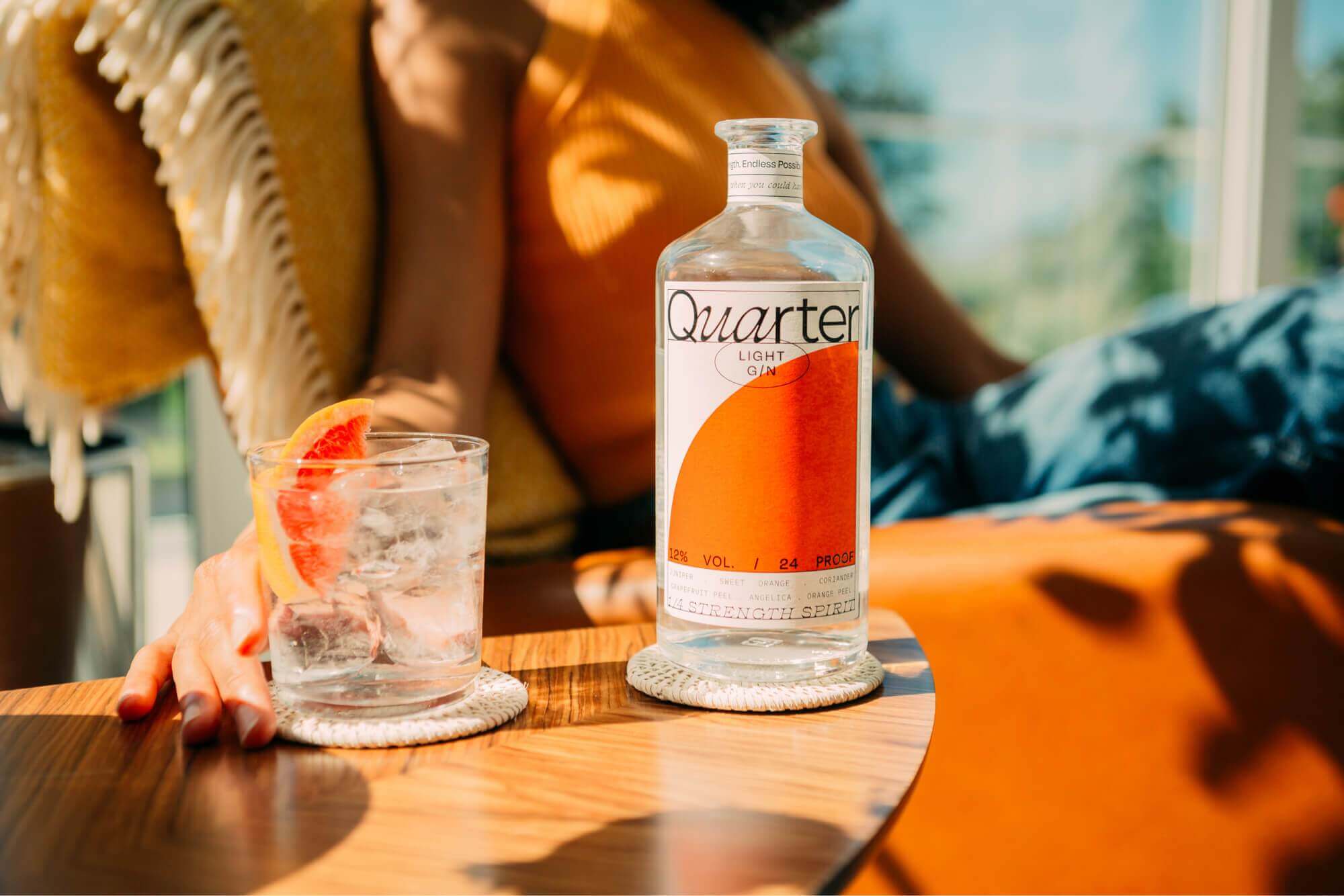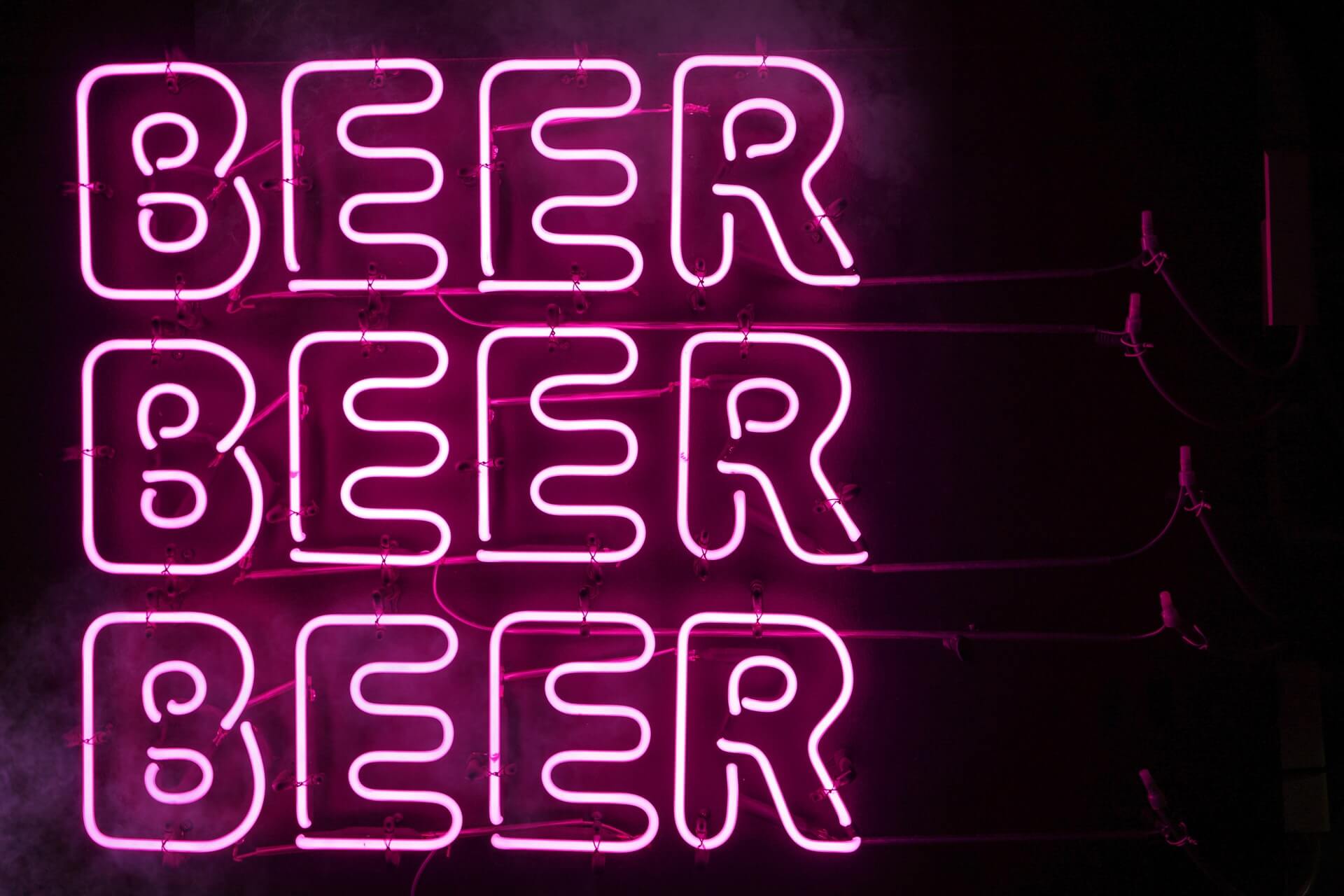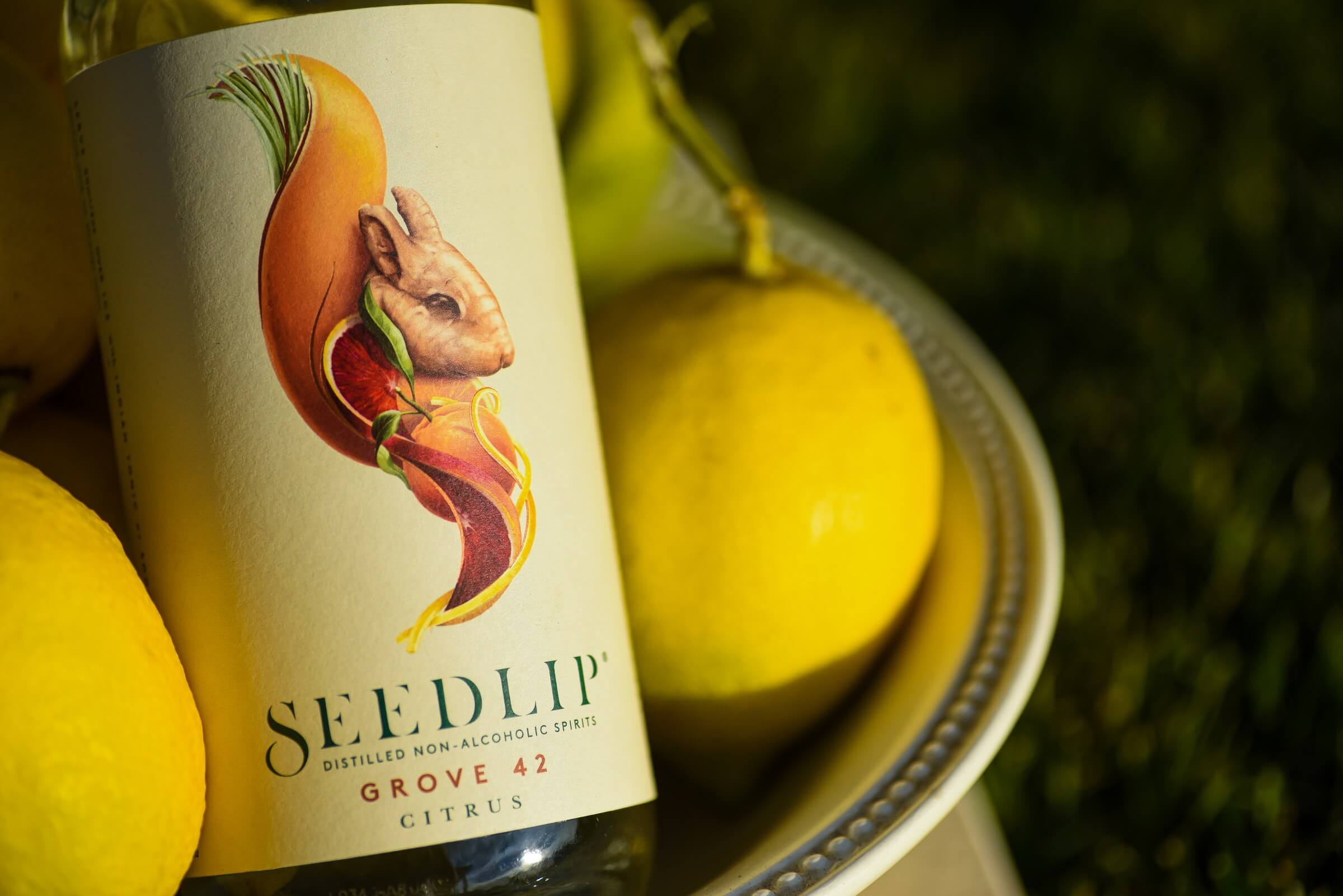WhistlePig Launches Dank January
by David Klemt
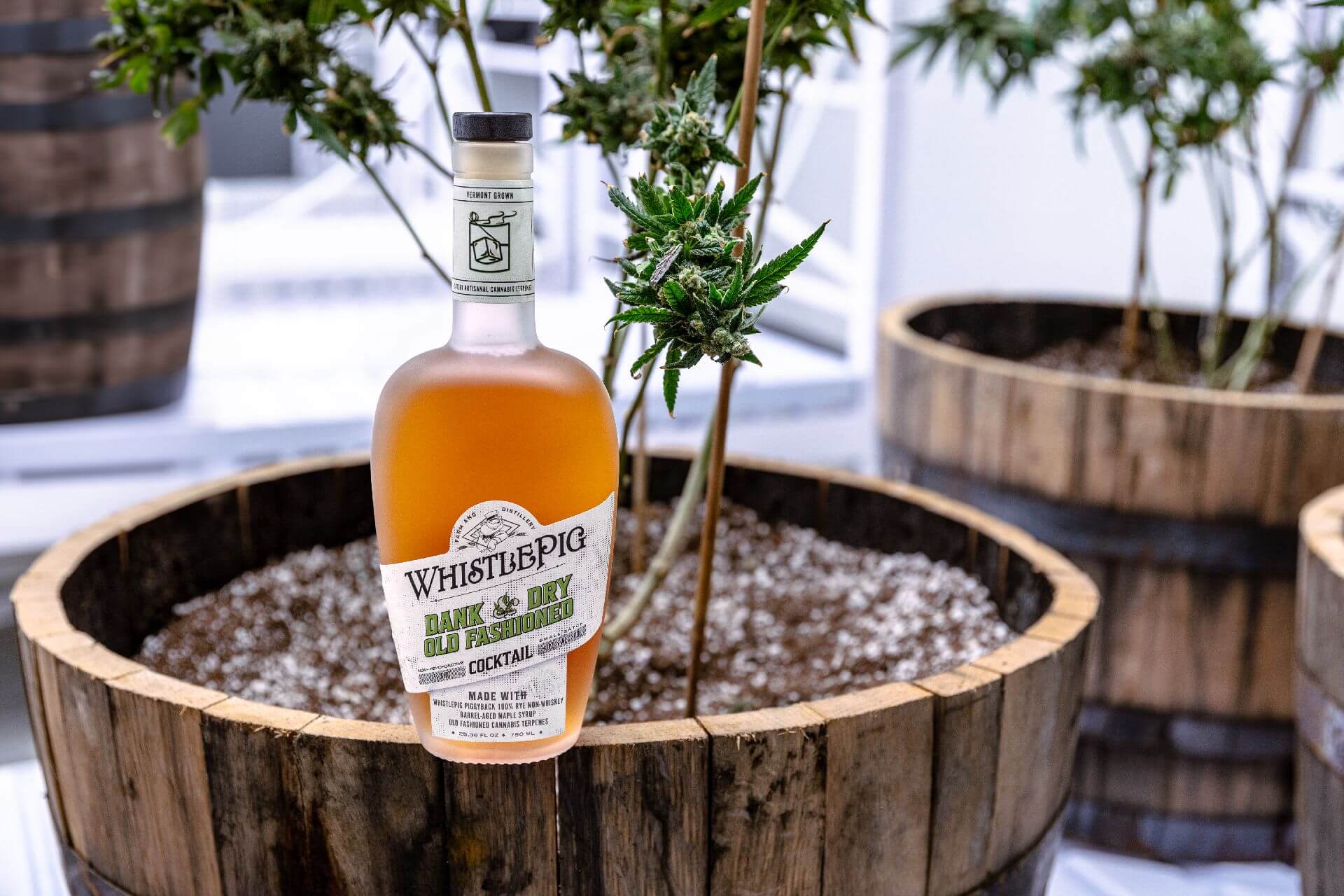
You’ve heard of Dry January but WhistlePig Whiskey wants to usher in Dank January, and they’re giving back to bartenders to make it happen.
The craft whiskey producer, a finalist in the second annual Liquor Awards for Sustainable Producer of the Year, has released a head-turning new alcohol-free expression.
Already sold out at the time of publication, the limited edition Dank & Dry Old Fashioned promises a unique drinking experience. Luckily, we secured our Hot Box Bundle (information below) prior to this terpene-supercharged bottle selling out.
This eccentric bottle features reverse-distilled WhistlePig Piggyback Rye, which becomes Rye Non-Whiskey. WhistlePig blended the alcohol-free non-whiskey with barrel-aged maple syrup. Of course, that in and of itself would make for a fantastic bottled craft cocktail. However, its another ingredient that really stands out.
WhistlePig added what they’re calling Old Fashioned Terpenes to the non-whiskey and syrup. These terpenes were cultivated from cannabis that had been grown in whiskey barrels. To create the Old Fashioned Terpenes, the terpenes from the barrel-grown cannabis were isolated by Satori Premium Cannabis, a producer located in Vermont.
Before anyone rushes to any conclusions, no, Dank & Dry won’t get you high. Terpenes are aromatic compounds, not psychoactive. So, this limited edition bottled cocktail won’t get you drunk, high, or otherwise buzzed.
What it will do, I suspect, is deliver a truly unique flavor experience. I’ll report back with my thoughts after it arrives and I get to sit with it for a bit.
This bottle is also helping bartenders as 100-percent of Dank & Dry proceeds are set to go to Turning Tables. With any luck, WhistlePig will be inspired to bring this bottle back for every Dry (or Dank) January going forward.
Dank January is the New Dry January with WhistlePig’s Non-Alc, Terpene Maple Old Fashioned
World’s First Dank & Dry Cocktail Puff-Puff-Passes 100% of Proceeds to Bartenders
SHOREHAM, Vt.–WhistlePig Whiskey, the leader in independent craft whiskey, is highjacking Dry January with a Limited Edition Dank & Dry Old Fashioned Cocktail. Known for pushing the boundaries of whiskey making to craft the world’s best and most interesting whiskeys, WhistlePig is elevating the non-alcoholic cocktail experience with the addition of non-psychoactive cannabis terpenes to its signature Barrel Aged Maple Old Fashioned recipe. 100% of the proceeds of this Dank January Limited Edition will benefit the bartending community.
Crafted with 100% Rye Non-Whiskey, Barrel-Aged Maple Syrup and Vermont Cannabis Terpenes, the new terps non-alc is a salad bowl of superior ingredients never-before-seen in a non-alcoholic Old Fashioned. WhistlePig’s reverse distilled PiggyBack Rye ‘Non-Whiskey’ is balanced with Barrel-Aged Maple and locally sourced Old Fashioned Terpenes for a chronic non-alc cocktail experience. The non-psychoactive terpenes were cultivated from cannabis grown in whiskey barrels, and isolated by Satori Premium Cannabis in the Green Mountain State.
“At the intersection of non-alc and cannabis trends, terpenes offer a new frontier for flavor that we couldn’t resist experimenting with,” said Meghan Ireland, WhistlePig Head Blender. “The results are fire, with terpenes adding aromas and mouthfeel that are often missing from non-alc innovation. Whether you’re still walking the hog, enjoying the electric lettuce, or abstaining altogether, WhistlePig fans do not have to miss out on a great tasting Old Fashioned this January.”
WhistlePig’s Dank & Dry Old Fashioned Cocktail is available as both a ‘One Hitter’ (single 750ml bottle) for $49.99 MSRP or in the ‘Hot Box Bundle’ with the addition of a pig-shaped cocktail smoker and ‘dime baggie’ of cocktail smoking chips for $64.20 MSRP. Each bottle is presented in a Reefer Madness inspired gift box emblazoned with WhistlePig’s original logo (since retired) with the pig wielding a left-hoof-cigarette.
As a toke-n of thanks for bartenders who work their tails off during the holiday season only to be left high and dry in January, WhistlePig is puff-puff-passing 100% of Dank & Dry Old Fashioned proceeds to bartenders through Turning Tables, a New Orleans based non-profit whose vision is to cultivate leadership, create real opportunity and change the face of hospitality by establishing a model and standard for equitable access for the Black & Brown hospitality community of New Orleans.
WhistlePig Dank & Dry Old Fashioned is available online while supplies last.
To learn more about WhistlePig Whiskey, visit whistlepigwhiskey.com. You can also check out WhistlePig Whiskey on Facebook, X and Instagram.
About WhistlePig Whiskey
Located off the grid on a 500-acre Vermont farm, WhistlePig Whiskey is crafted by a new generation of whiskey distillers and blenders driven to reinvent and unlock the flavor of Rye whiskey. Through their rebellious pursuit of experimenting and pushing boundaries in the industry, WhistlePig has become the leading independent craft whiskey brand for innovation. WhistlePig is committed to becoming the best whiskey on and for the planet, starting with its locally sourced ingredients and sustainable supply chain and distilling process. For more information, head to whistlepigwhiskey.com.
About Turning Tables
Turning Tables was launched in 2019 by industry leaders and mentors who found a thirst for community and opportunity among Black and Brown hospitality professionals looking to take their careers to the next level. The Turning Tables 12-week intensive program connects each cohort of individuals with a foundation in spirits, cocktail and wine knowledge with access to career pathways within the three tier system, restaurant and bar management, trade advocacy, marketing, and hospitality leadership. Their process is both experiential and classroom-oriented. They partner with employers, brands and like-minded individuals who recognize pervasive racism and inequity in the industry and want to join them in challenging it.
Image: WhistlePig Whiskey


